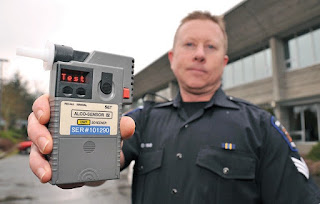Do I Need The Other Person’s Permission To Record A Conversation?
Do I Need The Other Person’s Permission To Record A Conversation?
This blog has been brought to you by LawyerSelect.ca
There is a lot of misleading information out there about
the law in Canada regarding recorded conversations. Some of that misinformation
is as a result of American laws finding their way to Canadians through
television shows and other mediums.
As it stands, the law in Canada states that it’s legal to
record a conversation so long as one of the parties to the conversation
consents. That means if you’re a party to the conversation, then you can
legally record it, since you’re giving your consent. So, to be clear, you’re
always allowed to record a conversation that you’re a party to without
notifying the other party or parties or obtaining their consent.
However, the law is entirely different when the
conversation in question is between other people, to which you’re not a party.
As such, Canadian law makes a clear distinction between the legality of
recording a conversation that you’re involved in, and one that you’re not. The
Criminal Code of Canada codifies this rule by imposing a general prohibition on
the recording of private communications, but then prescribes an exception where
one of the parties to the conversation consents to its recording.
Police, and other state actors and authorities require
prior judicial authorization to intercept private communications. Simply put,
they need to get a warrant before they can eavesdrop or record any of your
conversations, whether in person, over the telephone or online.




Comments
Post a Comment